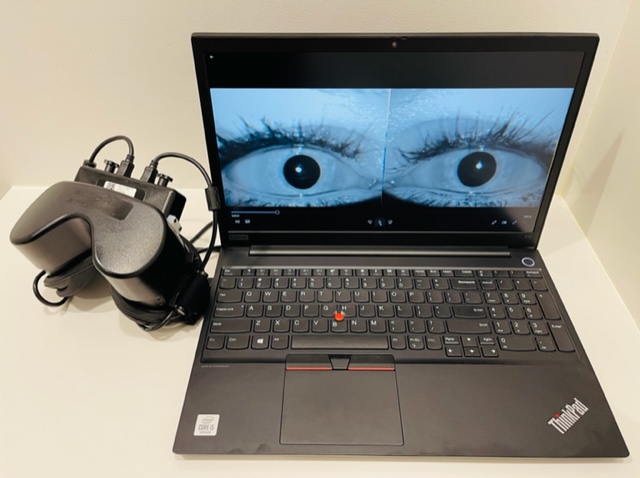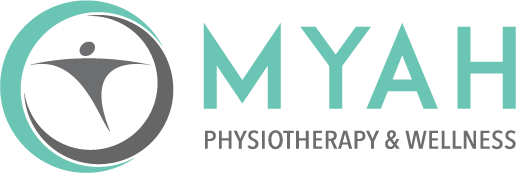
Vestibular Rehabilitation Therapy
MYAH Physiotherapy & Wellness uses the latest technology in assessing vestibular dysfunctions to allow for shorter recovery time. We collaborate with specialists and physicians to expedite further investigation as necessary.
What and where is the vestibular system?
The vestibular system involves a complex interaction between the eyes, neck, legs, and feet that works to keep us oriented, upright, and balanced. The system includes the part of the inner ear called the vestibular apparatus and the region in the brain that controls balance and eye movements.
Common symptoms of vestibular dysfunction:
- Vertigo (i.e. room is spinning)
- Dizziness
- Unsteadiness or falls
- Visual disturbances
- Hearing loss
- Tinnitus
- Pain and fullness in the ears
- Sensitivity to bustling environments
Vestibular issues can also result in nausea and/or vomiting, headaches, fatigue, poor concentration, inactivity, depression, and anxiety.
What causes vestibular dysfunction?
The most common cause is dysfunction of the balance organs in the inner ear or its connections in the brain. Symptoms can be onset from the following causes:
- Trauma to the head or ear
- Inner ear infection or mechanical issues
- Certain medication or disease
- Tumour or blood flow issues
- Age-related degeneration
- Issues with other areas of the body such as the eyes, feet, neck, and legs
What is vestibular rehabilitation therapy?
Most people will do anything not to feel dizzy. However, the less movement you have, the less improvement will happen. Fortunately, our vestibular system has a tremendous capability to adapt and compensate. The main premise of vestibular rehabilitation is that you must create dizziness in order to get rid of dizziness. Vestibular rehabilitation therapy is an exercise-based program designed to either maximize the body’s ability to compensate for dizziness and balance problems or to eliminate them altogether.
What to expect from the first visit:
- At least one hour of one-to-one evaluation time with a Physiotherapist with advance training in vestibular rehabilitation
- Education regarding the vestibular system, assessment findings, and treatment
- Infrared video analysis of eye movements that are generated by certain types of vestibular condition
